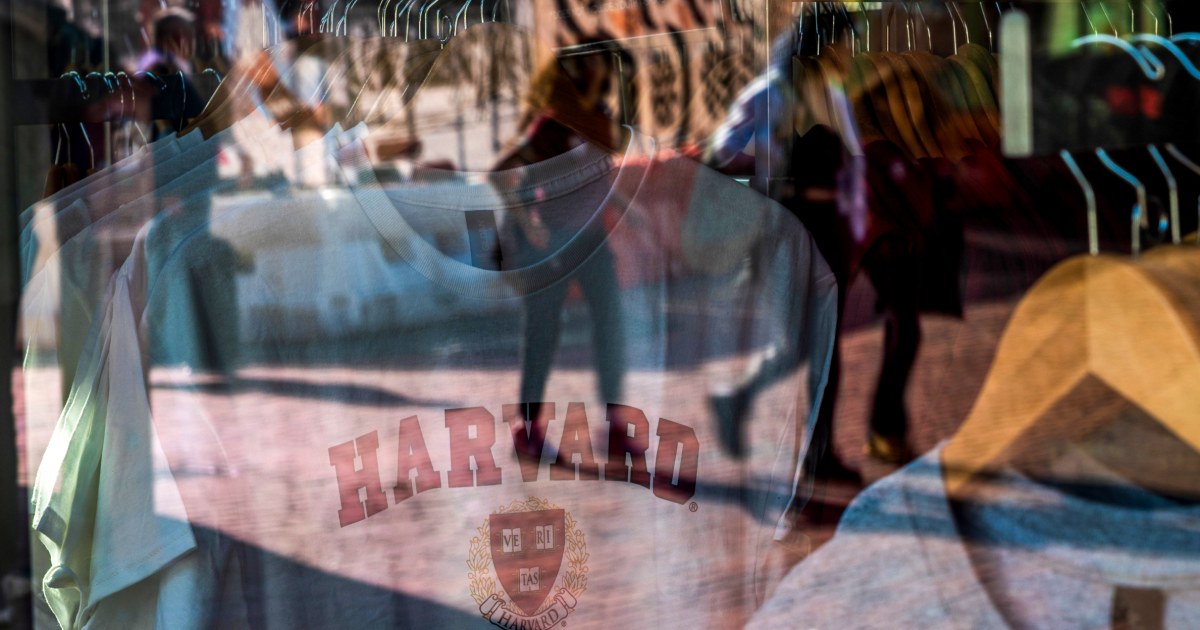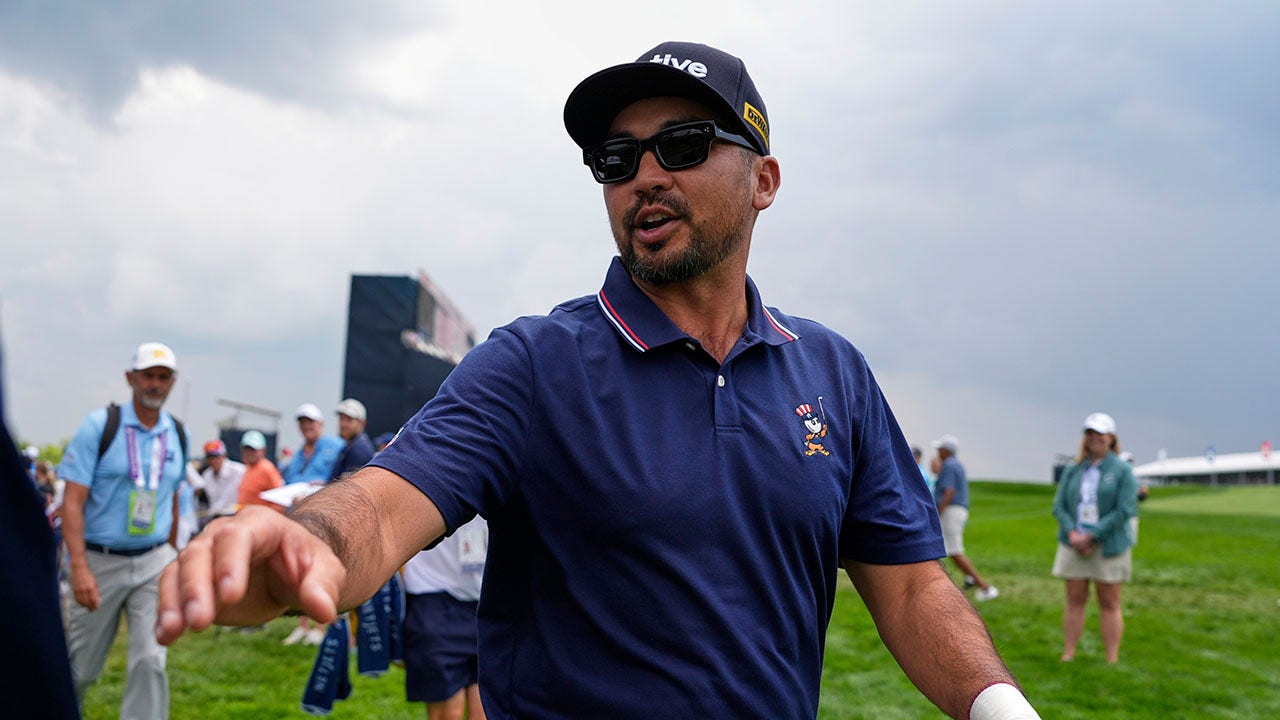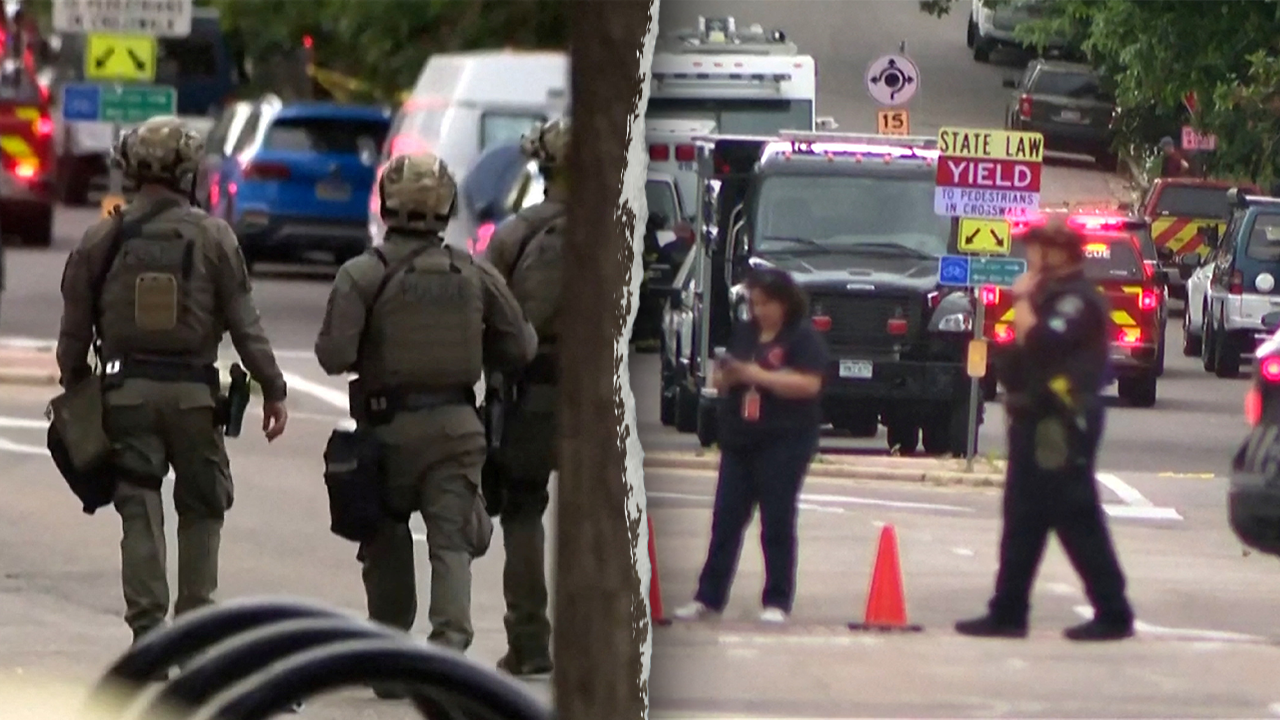Finance
In Virginia’s Democratic legislature, campaign finance reform bills languish without votes – Virginia Mercury

As it gets more and more expensive to win a seat in the Virginia General Assembly, the state legislature continues to find new ways to stifle efforts to put limits on the state’s wide-open campaign finance laws.
This year, several bills meant to slow the flow of money into Virginia politics have been blocked without lawmakers taking a recorded vote showing that’s what they’re doing.
For the last decade, proposals have been introduced to create stricter campaign finance limits in Virginia and boost public confidence that the legislature can’t be bought by special interests writing checks of unlimited size.
Some Democrats have been vocal about making campaign finance reform a priority, and many have accepted big checks from Clean Virginia, a well-funded advocacy group focused on energy and campaign finance reform that says its mission is to “fight corruption in Virginia politics.”
But the party’s retaking of full control of the General Assembly this year doesn’t appear to be producing any breakthroughs on campaign finance issues as Tuesday’s crossover deadline approaches. As the two chambers rush to finish work on their own bills, no major campaign finance legislation has made it through both sides of the Capitol. If those positions hold in the second half of the session, none of the bills will win final passage.
Instead, Democratic-sponsored campaign finance proposals are languishing in Democratic-controlled committees, where several bills have been allowed to expire without a hearing.
When Del. Josh Cole, D-Prince William, presented a bill that would prohibit candidates from accepting campaign money from public utilities like Dominion Energy, the proposal died without a vote when no one on the 22-member House Privileges and Elections Committee made a motion for or against it. A bill sponsored by Del. David Bulova, D-Fairfax, that would have set caps on donations from both corporations and individuals was never docketed by the same committee.
In an interview, Cole said he’ll keep fighting for campaign finance reform, despite his latest bill failing in an unusual fashion.
“Time will tell what will happen,” Cole said. “The appetite is definitely there for it.”
On the Senate side, another utility-focused campaign finance reform bill sponsored by Sen. Danica Roem, D-Prince William, made it out of the chamber’s elections committee, but stalled when it was sent to the Finance and Appropriations Committee. It never got a hearing there, despite being projected to have no impact on the state budget.
When asked why Roem’s bill wasn’t docketed, Sen. Louise Lucas, D-Portsmouth, who chairs the Senate Finance Committee, criticized the bill itself instead of offering any procedural explanation.
“The people who are complaining about Dominion being a monopoly want to replace them,” Lucas said. “They want to be the monopoly. So what’s the difference?”
Clean Virginia’s critics have often accused the organization and its main funder, wealthy Charlottesville investor Michael Bills, of engaging in a new form of influence-peddling by offering substantial checks to lawmakers who vow to stop accepting money from Dominion.
In an interview, Roem didn’t sound disheartened over her bill’s fate.
“This is the first time we’ve ever gotten out of committee. This still marks progress,” Roem said. “Clearly we have more steps to go.”
Nancy Morgan, a campaign finance reform advocate with BigMoneyOutVA, said Democratic leaders appear to be “strong-arming the members to kill the bills in untransparent ways.”
“Not allowing bills to be voted on, or even heard by legislators, is anathema to our democratic process,” Morgan’s group said in a statement last week.
A seemingly less controversial proposal to prohibit spending campaign cash on personal uses unrelated to politics — something already banned at the federal level and in almost every other state — looked to be on track to pass this year after clearing the state Senate 35-4 and passing the House elections committee unanimously. But the House version was bottled up in the budget-writing committee after three state agencies estimated it would cost them more than $745,000 to add more staff to implement the law.
However, the legislature’s own fiscal analysts sharply disagreed with that figure, saying the law would create virtually no new costs and wouldn’t substantially add to anyone’s existing workload.
“It just seemed highly inflated,” said Del. Cia Price, D-Newport News, who chairs the House elections committee and formally requested a second opinion on the steep cost estimate.
In a written analysis attached to the personal use bill, staffers at the Joint Legislative Audit and Review Commission said they concluded the proposal wouldn’t substantially burden state agencies after looking at similar laws in Georgia and Tennessee. Both states already have systems for investigating complaints and issuing advisory opinions similar to what the Virginia proposal envisioned, JLARC found, and the strain on staff is minimal because there are usually just a few cases to handle per year.
“JLARC estimates the fiscal impact of the bill would be negligible,” the General Assembly’s analysts said in their rebuttal to the estimates from the Virginia Department of Elections and Virginia Department of Corrections.
The JLARC statement didn’t address an additional $429,426 estimate from the office of Attorney General Jason Miyares, which claimed it would need two additional attorneys and a paralegal to help implement the law.
Despite JLARC disputing the projected costs of the personal use bill, Del. Marcus Simon, D-Fairfax, said its chances of passage are now “slim to none” after failing to pass the House. The House can still take up the Senate version of the bill, but Simon said it’s unlikely to be a priority for the body late in the session as lawmakers try to finalize more big-ticket items.
Despite Simon’s less-than-optimistic prediction about the fate of efforts to ban the personal use of campaign money, Clean Virginia said it still hopes a “commonsense ban” can pass this year after clearing the Senate with an “overwhelming bipartisan majority.”
“Passage of this bill would represent a strong first step towards comprehensive campaign finance and ethics reform in Virginia,” said Clean Virginia Legislative Director Dan Holmes.
General Assembly members and statewide officeholders are prohibited from raising campaign funds during legislative sessions, but the latest effort to extend that ban to special sessions also appears to be on track to die without lawmakers attaching their names to a vote.
A bipartisan bill banning fundraising during “active” special sessions made it to the Senate floor. But in an unrecorded voice vote last week, the Senate chose to send the bill back to its elections committee, a maneuver that killed the bill because the panel was already done with its work on Senate bills.
On the floor, Senate Majority Leader Scott Surovell, D-Fairfax, said the bill “had a lot of issues.”
“It’s going to create more problems than it’s going to solve,” Surovell said.
Sen. David Suetterlein, R-Roanoke, the bill’s sponsor, objected to the move, saying his legislation appeared to be heading for the same death by unrecorded vote that often befalls bills to ban the personal use of campaign funds.
“Every year it found a different way to die on an unrecorded vote,” Suetterlein said.
Mercury reporters Nathaniel Cline and Charlie Paullin contributed to this story.
GET THE MORNING HEADLINES DELIVERED TO YOUR INBOX

Finance
New Zealand finance minister would like RBNZ to return to eight meetings a year

Finance
UK financial regulator partners with Nvidia in AI ‘sandbox’

LONDON -Financial firms in Britain will be able to test artificial intelligence tools later this year in a regulatory “sandbox” launched on Monday by the country’s financial watchdog, part of a broader government strategy to support innovation and economic growth.
The Financial Conduct Authority (FCA) has partnered with U.S. chipmaker Nvidia to provide access to advanced computing power and bespoke AI software through what it calls a “Supercharged Sandbox.”
A sandbox refers to a controlled environment where companies can test new ideas such as products, services or technologies.
The programme is intended to help firms in the early stages of exploring AI, offering access to technical expertise, better datasets and regulatory support, the FCA said. It is open to all financial services companies experimenting with AI.
“This collaboration will help those that want to test AI ideas but who lack the capabilities to do so,” Jessica Rusu, the FCA’s chief data, information and intelligence officer, said. “We’ll help firms harness AI to benefit our markets and consumers, while supporting economic growth.”
Finance minister Rachel Reeves has urged Britain’s regulators to remove barriers to economic growth, describing it as an “absolute top priority” for the government.
In April, she said she was pleased with how the FCA and the Prudential Regulation Authority, part of the Bank of England, were responding to her call to cut red tape.
Nvidia said the initiative would allow firms to explore AI-powered innovations in a secure environment, using its accelerated computing platform.
“AI is fundamentally reshaping the financial sector,” said Jochen Papenbrock, EMEA head of financial technology at Nvidia, citing improvements in data analysis, automation and risk management.
He added that the sandbox will provide firms with a “secure environment to explore AI innovations using Nvidia’s full-stack accelerated computing platform, supporting industry-wide growth and efficiency.”
The testing is set to begin in October.
(Reporting by Sam Tabahriti; Editing by David Holmes)
Finance
Financial Experts: These Are the Top Mistakes Americans Make When Investing in the Stock Market

There’s no reason you should lose money investing in stocks, considering that the markets always move higher over time. This decade alone, the S&P 500 has risen by about 88%.
Just investing in an S&P 500 fund could have helped any investor generate solid profits. But a lot of investors still take a beating on Wall Street because they make common mistakes that can be easily avoided.
Advertisement: High Yield Savings Offers
Powered by Money.com – Yahoo may earn commission from the links above.
Read Next: I’m a Financial Advisor: 4 Investing Rules My Millionaire Clients Never Break
Check Out: These Cars May Seem Expensive, but They Rarely Need Repairs
Here are the top mistakes Americans make when investing in the stock market, according to three financial experts contacted by GOBankingRates.
Also see the No. 1 mistake Americans make with their Roth IRAs, according to experts.
Misjudging risk was cited by Christine Chase, vice president and financial consultant at Fidelity Investments. More precisely, she cited a tendency to misjudge risk tolerance, which means too many investors either take on too much risk or are too conservative. Both extremes can negatively impact your return.
“Excessive risk can lead to emotional decision-making and panic-selling during market downturns, while being too conservative may prevent your portfolio from growing enough to meet long-term goals or keep pace with inflation,” Chase said.
To help manage risk and navigate the market’s ups and downs, she recommended maintaining a well-diversified portfolio and working with a financial professional.
Be Aware: Suze Orman: 3 Biggest Mistakes You Can Make as an Investor
Anthony Grosso, a New York-based financial strategist and mortgage loan originator, told GOBankingRates the biggest mistake he sees people make is “blindly trusting the news” when investing. He learned this lesson himself as a younger investor.
“What I learned fast is that by the time something makes [it to the news], the market has already reacted,” Grosso said. “The news isn’t meant to educate — it’s there to get clicks and views. They will spin a story, beat a topic to death until you’re panicked or euphoric, and both of those times are when you make emotional decisions which are the worst ones.”
If you do watch the news, he recommended doing so with a healthy dose of skepticism.
“Try to get reports of the actual data — not someone’s opinion on the data,” Grosso said. “Learn to make your own opinions and it will give you the confidence to have a plan and stick with it.”
Not cutting losses is a mistake that happens a lot, according to Edward Corona, a Florida-based trader and publisher of The Options Oracle Newsletter. In fact, it happened to him early in his career.
-

 Politics1 week ago
Politics1 week agoMichelle Obama facing backlash over claim about women's reproductive health
-

 Finance1 week ago
Finance1 week agoHere's what will boost your feeling of financial well-being the most, researchers say
-

 West3 days ago
West3 days agoBattle over Space Command HQ location heats up as lawmakers press new Air Force secretary
-

 Technology1 week ago
Technology1 week agoWhy do SpaceX rockets keep exploding?
-

 World1 week ago
World1 week agoNcuti Gatwa Bids Doctor Who Farewell as Finale Ends With a Most Surprising Twist — Grade It!
-

 News1 week ago
News1 week agoTrump administration continues to target international students. What to know and what could be next.
-
Vermont1 week ago
MMU’s Bea Molson returns to glory, CVU girls claim doubles at tennis championships
-

 Politics1 week ago
Politics1 week agoCalifornia beach ‘Resist!’ protest pushes ‘kindness’ while calling to ‘86 47’ in anti-Trump message


















